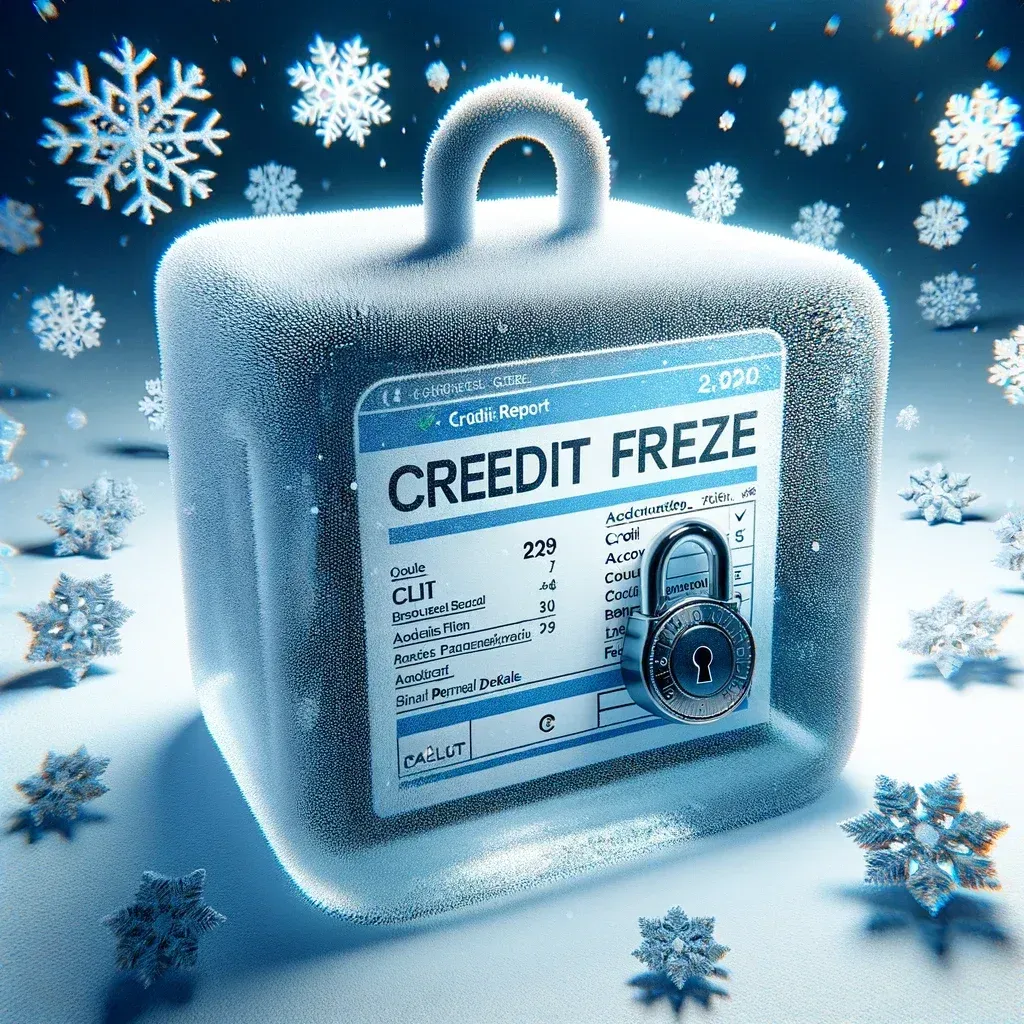
Navigating Credit Freezes and Fraud Alerts Under the FCRA
Introduction to Credit Security
In today’s digital age, protecting your credit information has never been more critical. With the rise of data breaches and identity theft, understanding credit security is essential for maintaining financial health. The Fair Credit Reporting Act (FCRA) plays a vital role in this, providing consumers with rights and tools to protect their identity and credit information.
The Fair Credit Reporting Act (FCRA) is a federal law that governs the collection, disclosure, and use of consumer information, including credit information.
It ensures that consumer reporting agencies provide accurate and fair credit reports and gives consumers the right to access and dispute errors in their credit reports. This law also introduces mechanisms like credit freezes and fraud alerts to help consumers protect their credit data.
What is a Credit Freeze?
A credit freeze, also known as a security freeze, limits access to your credit report, making it more difficult for identity thieves to open new accounts under your name. When your credit is frozen, creditors cannot access your credit report to assess your creditworthiness, effectively preventing unauthorized credit applications.
To freeze your credit, you need to contact each of the three major credit bureaus (Equifax, Experian, and TransUnion) and request a freeze. You will receive a PIN or password, which you will use to lift or temporarily thaw the freeze when necessary, such as when applying for new credit.
It’s important to note that freezing your credit does not affect your credit score or existing credit accounts; it simply adds an extra layer of protection against new account fraud.
How Fraud Alerts Work
Fraud alerts are another tool for protecting your credit. A fraud alert informs creditors that you may have been a victim of identity theft and requires them to take additional steps to verify your identity before extending credit.
To set up a fraud alert, simply contact one of the three major credit bureaus. The bureau is then required to notify the other two. There are different types of fraud alerts:
i. Initial Fraud Alert: Lasts for one year and is suitable if you suspect you might be a victim of identity theft.
ii. Extended Fraud Alert: Lasts for seven years and is used if you have confirmed identity theft and provided a police report.
iii. Active-Duty Alert: For military personnel, lasting one year, helping to protect credit while deployed.
When to Use a Credit Freeze
A credit freeze is particularly beneficial in the following scenarios:
i. During a Data Breach: If a company you have accounts with experiences a data breach, freezing your credit can prevent thieves from using stolen information to open new accounts.
ii. Potential Identity Theft: If you suspect your personal information has been compromised, credit freeze can safeguard your credit.
While a credit freeze is highly effective, it also has some drawbacks. It can be inconvenient if you need to apply for new credit, as you’ll have to temporarily lift the freeze. Additionally, it does not prevent all forms of identity theft, such as fraudulent charges on existing accounts.
When to Use Fraud Alerts
Fraud alerts are useful in situations such as:
1. Suspicious Activity: If you notice unusual activity on your accounts or receive alerts about potential breaches, setting up a fraud alert can help protect your credit.
2. Unauthorized Access Attempts: If you receive notifications or suspect attempts to access your credit information without your permission, a fraud alert is a prudent measure.
Different types of fraud alerts cater to varying needs. An initial fraud alert is often sufficient for potential threats, while an extended alert offers long-term protection after confirmed identity theft.
Steps to Implement Credit Freezes and Fraud Alerts
Here’s a step-by-step guide on how to implement these protections:
Credit Freeze:
Contact the three major credit bureaus: Equifax, Experian, and TransUnion.
Request a credit freeze and provide the necessary information to verify your identity.
Receive a PIN or password for managing your freeze.
Keep the PIN/password secure for future use.
Fraud Alert:
1. Contact one of the major credit bureaus (Equifax, Experian, or TransUnion).
2. Request a fraud alert and provide necessary identification details.
3. The bureau will notify the other two bureaus on your behalf.
4. Renew the alert as needed based on the type of alert set.
Maintaining Financial Safety
To maintain financial safety, it’s crucial to monitor your credit report regularly. Here are some tips:
1. Regular Monitoring: Check your credit report at least once a month from each credit bureau. You are entitled to a free report from each bureau via AnnualCreditReport.com.
2. Credit Protection Tools: Use services that provide credit monitoring and alerts for suspicious activities.
3. Stay Vigilant: Be cautious about sharing personal information and regularly update passwords to enhance security.
Conclusively, credit freezes and fraud alerts are powerful tools under the FCRA that help protect your financial health and personal information. By understanding when and how to use these tools, you can take proactive steps to safeguard your credit from potential threats. Empower yourself with knowledge and remain vigilant to ensure your financial security in the digital age.
If you're ready to take control of your credit report recovery journey, we encourage you to contact our office at (866) 885-8529 for a case review. Our dedicated attorneys are here to assist you every step of the way. Together, we can work towards restoring your financial well-being and securing your future.
Thank you for trusting Tariq Law PC as your partner in this journey towards credit report recovery. We look forward to helping you regain control and financial stability.
Disclaimer: This blog post is for informational purposes only and should not be considered legal advice. Consult with a qualified attorney for personalized guidance on your specific situation
